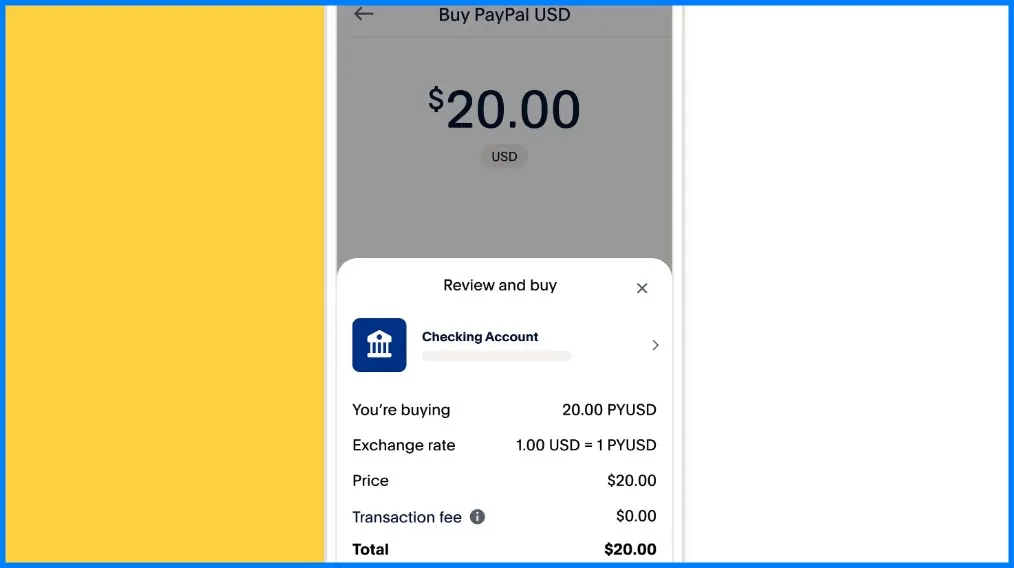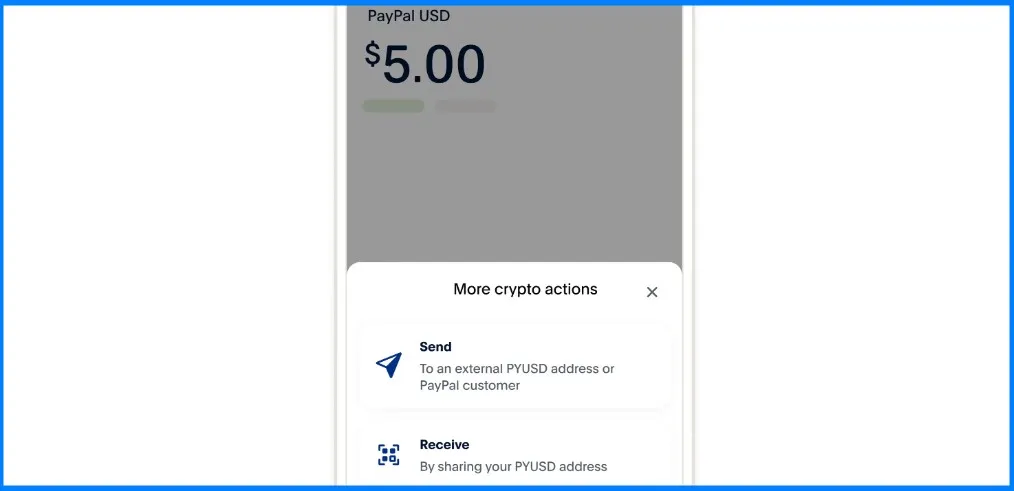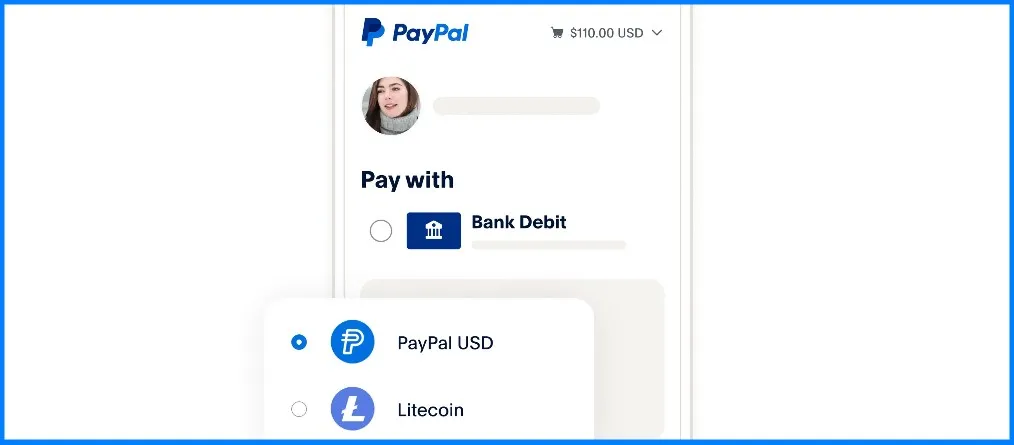
PayPal has become the very first major (giant) financial player or payment processor company to launch its very own stablecoin, PayPal USD (PYUSD). This goes to show its seriousness in making crypto accessible to its millions of users.
Sometime in early 2022, there was a piece of news that PayPal confirmed it was looking into stablecoin and that they would call it PayPal Coin. And it looks like it had been silently developing one since.
PayPal USD (PYUSD) is an ERC-20 token issued by Paxos Trust, "a licensed limited purpose trust company subject to regulatory oversight by the New York State Department of Financial Services. The stablecoin is fully backed by secure and highly liquid assets, re: US dollar deposits, short-term U.S. treasuries, and other similar cash equivalents, and can be redeemed 1:1 for U.S. dollars."¹

What can you do with PYUSD
PYUSD is initially available for purchase by eligible US PayPal customers for payments, checkouts, transfers, and conversions.²
Buy or sell PYUSD
Eligible users can easily purchase or sell the stablecoin on the app or on PayPal's website at the rate of 1 USD = 1 PYUSD.

Transfer funds between PayPal and external wallet addresses.
Users can transfer PYUSD to other PayPal accounts and compatible Ethereum wallet addresses through the app or on the website.
PayPal account balance is however required for one to be able to perform this transaction.
Send or Receive payments
One can send (or receive) funds using the stablecoin as payments to or from other PayPal accounts. Zero fees when sending to US customers.

Pay purchases on Checkout
As we already know, PayPal is one of the major digital payment gateways for online shopping and PYUSD will be added as a form of payment in the network.
Convert supported cryptocurrencies
Using the PayPal app or on the website, users can easily convert select crypto assets (BTC, ETH, LTC, BCH) to and from PayPal USD.

Furthermore, PYUSD will only be the stablecoin supported in the PayPal network and will be available to its consumers, merchants, and external developers which will enable them to seamlessly bridge or connect fiat and cryptocurrencies.³
The stablecoin is said to have been designed to be fully compatible with most-used exchanges, Web3 applications, or ecosystems and wallets.
PYUSD is pegged to the US Dollar which means 1 PYUSD can be purchased or exchanged with 1 USD.

PYUSD Reserves Transparency Reports
PayPal intends to be transparent on its stablecoin backing or reserves and will be publishing monthly reports which will be available publicly starting next month (September).
In addition, Paxos will also publish a public attestation report of the value of PYUSD reserve assets. Such "attestation will be issued by an independent third-party accounting firm and conducted in accordance with attestation standards established by the American Institute of Certified Public Accountants (AICPA)."⁴
It is worth noting that "in June 2022, PayPal was issued a BitLicense by NYDFS after previously obtaining a conditional BitLicense."⁵
It currently allows its US and UK customers to be able to buy, sell, transfer, or hold select cryptocurrencies like Bitcoin (BTC), Ether (ETH), Bitcoin Cash (BCH), and Litcoin (LTC).

Personal Thoughts
PayPal has further strengthened its stance in supporting technology, innovation, and cryptocurrencies with this release of its own stablecoin, PYUSD. It is issued to be regulatory-compliant and accordingly, will operate within the framework of existing regulations through Paxos. It is nice that they plan to issue monthly public reports on the stablecoin's reserves so users and even regulators have access to them.
PYUSD can be bought or sold on PayPal's app or website, can also be transferred between users, utilized to pay for online purchases, can be converted into supported crypto.
Whilst the stablecoin may foster seamless, faster transactions and introduce another way for users to buy, sell, transfer, or hold crypto through their PayPal accounts and supported wallets, I think there are certain risks involved. First, PayPal is centralized, it's KYC'd and it is known to freeze or suspend user's account so one must exercise discretion when using the service.
For infotainment only. Info Sources: Paypal / Press Release / Coindesk
Lead image edited on Canva. Photo/s from Wiki Commons. Screenshots directly linked to source. No copyright infringement intended. 08082023/10:30ph
